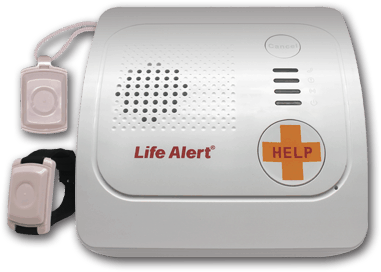FYI: Life Alert does not list their prices on their website, meaning that some people receive discounts through negotiation.
Join for Free
Members get updates like best products for seniors and senior discounts delivered right to their inbox for free.




